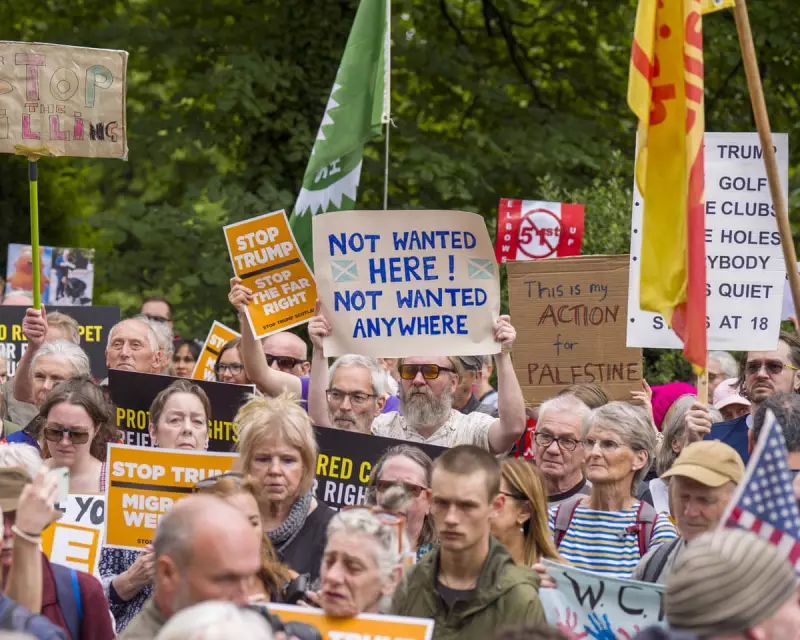
Prime Minister Keir Starmer is quietly preparing for what could be the most defining foreign policy challenge of his premiership: the prospect of a returned Donald Trump to the Oval Office. As the US election looms, the corridors of Whitehall are abuzz with a single, pressing question: how does Britain navigate a new, unpredictable chapter in transatlantic relations?
The so-called 'special relationship' has always required careful stewardship, but a Trump second term promises a fundamentally different dynamic. Gone are the days of predictable alliances; in their place, a transactional approach to diplomacy that demands a recalibrated British strategy.
Learning from the Past: The Johnson-Trump 'Bromance'
Starmer's team is understood to be conducting a thorough review of the Boris Johnson era, meticulously analysing what worked and what failed in that tumultuous relationship. The previous government's approach, often characterised as a personal 'bromance', yielded mixed results. While it secured a post-Brexit trade deal, it also exposed Britain to accusations of sycophancy and a loss of moral authority on the world stage.
The new Labour government is determined to chart a different course. The goal is not a chummy personal rapport but a clear-eyed, strategic partnership that protects British interests without sacrificing core values.
The Pillars of Starmer's Proposed Strategy
Insiders suggest the UK's approach will be built on several key pillars:
- Emphasising Mutual Economic Benefit: Framing cooperation through the lens of shared prosperity, particularly in technology and defence industries.
- Quiet, Behind-the-Scenes Diplomacy: A move away from public flattery towards discreet, pragmatic dialogue.
- Strategic Alignment on Security: Reinforcing NATO and intelligence-sharing agreements as non-negotiable pillars of Western security.
- Maintaining Independence on Climate: Protecting the UK's green energy commitments even amidst potential US scepticism.
A Test of Principle and Pragmatism
The greatest tension will lie in balancing principle with pragmatism. How does Starmer advocate for a rules-based international order with a president who often operates outside of it? Can Britain be a critical friend, upholding its commitments to climate action and multilateral institutions, while still maintaining a strong working relationship?
This delicate dance will be Starmer's first true test on the global stage. His success or failure will not only define his leadership but will also set the tone for Britain's position in a world increasingly shaped by great power competition and uncertain alliances. The world will be watching.






